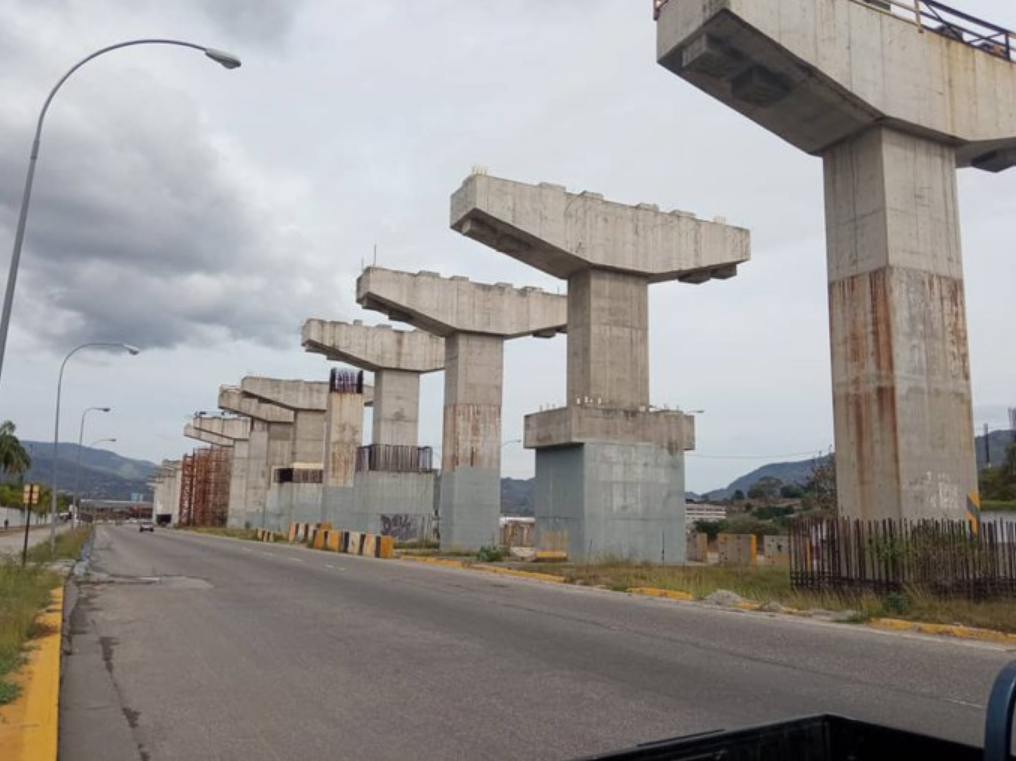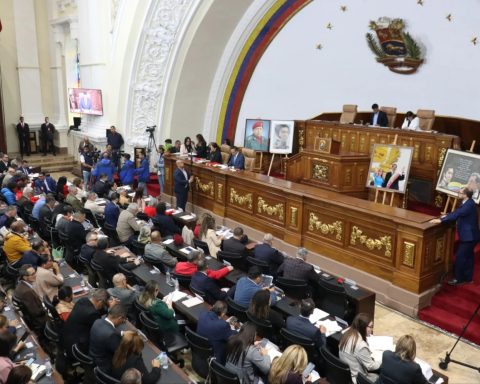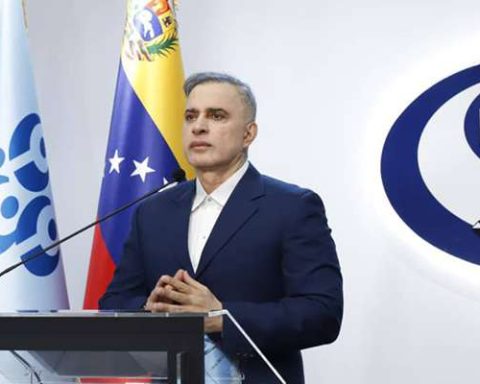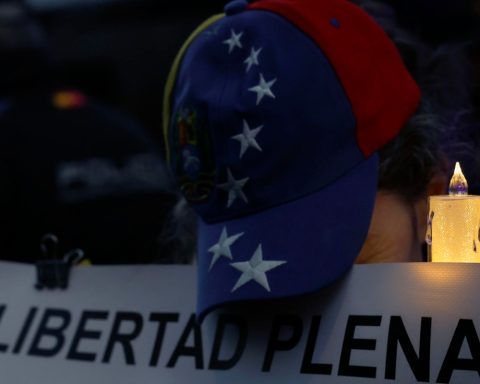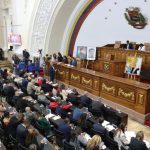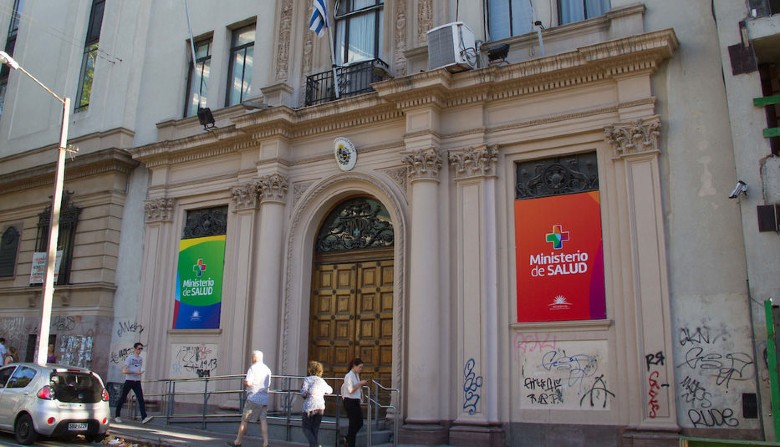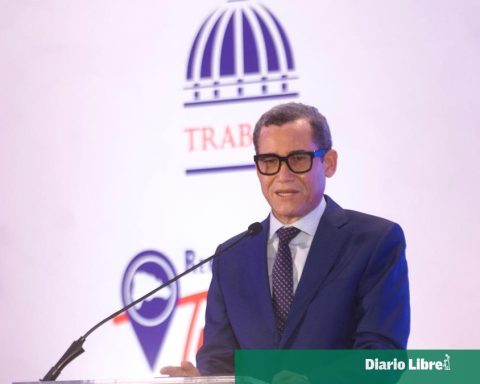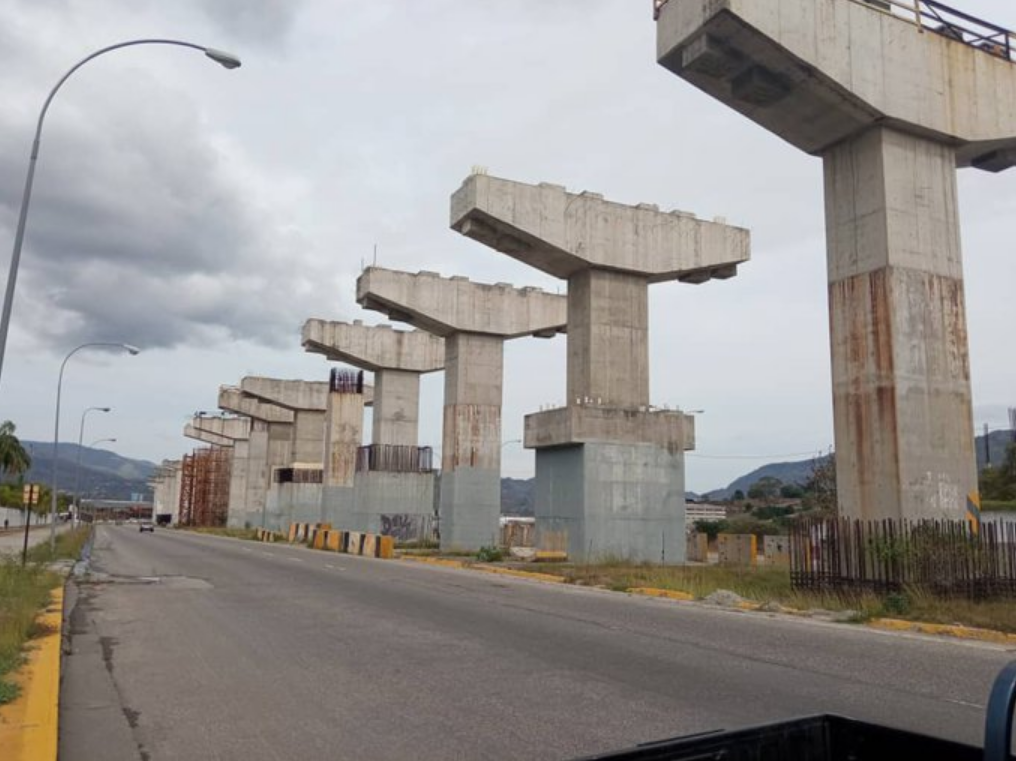
Venezuela did not fix itself neither in the economic plane nor in any other.
What happened with the appointment of the new TSJ, the impossibility of re-establishing negotiations in Mexico, the continuous violation of human rights, including those of the journalist Roland Carreño, or the helpless situation in which the Yanomami ethnic group finds itself , harassed by the National Guard, represent only some samples of the existing institutional precariousness. The collapse of public services, especially electricity in this rainy season that is just beginning, shows the infinite incompetence of the government to solve elementary problems of daily life. The paradox is so unusual that rainfall has increased but people complain because in homes the water reaches through the roof and the floor, but not through the pipes. The daily grind of Venezuelans is a via crucis.
In the economic field, it is true that some activities have picked up. Imports of food, alcoholic beverages, household appliances, white goods, electronic products and other manufactured goods have increased. The ports have reached a moderate dynamism. Restaurants and casual meeting places have proliferated in various sectors of Caracas. In the capital, automobile traffic has intensified because domestic gasoline production has increased and, consequently, distribution has expanded.
However, the “engines of the economy” – an expression which the government abuses – are turned off or running in slow motion. Large constructions are paralyzed. Even those started when Hugo Chávez was alive. The Metro to Guarenas, the renovation of the power line, the national rail network, the continuation of the highway from Caracas to the east of the country. None of that has continued. The agricultural penetration routes, the construction of new silos and even the third bridge over the Orinoco River, are part of the unfinished projects but in which the government invested enormous fortunes that ended up in the pockets of the plugged-in. In Venezuela, for many years new highways, long highways or other communication routes have not been built, nor have preventive maintenance been carried out on existing ones. The time when the government built more than 10,000 houses per year is part of the democratic past. The automotive industry – chained to numerous activities that generate abundant employment, including the glass industry – was stunned. Only a handful of ride and cargo vehicles were assembled last year. This year is going the same way.
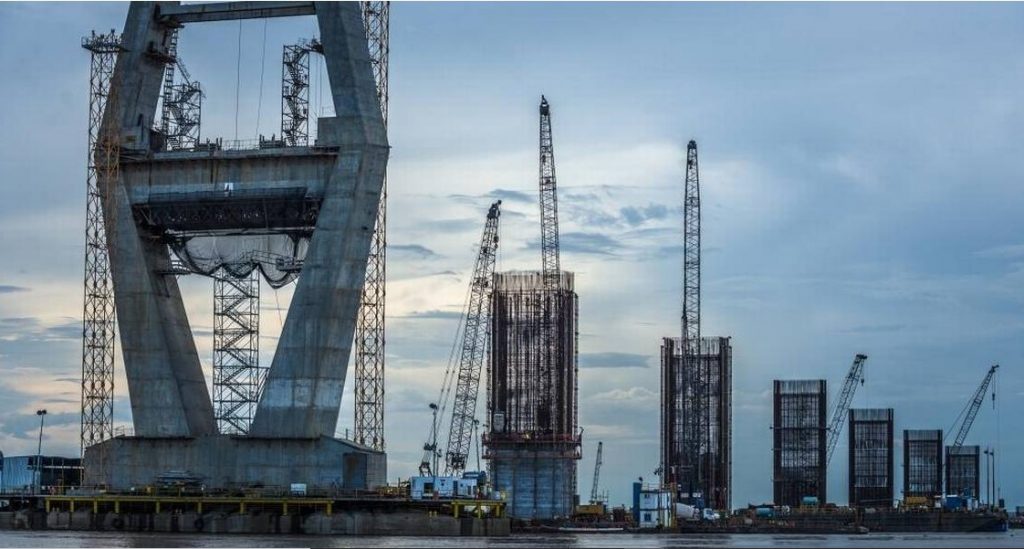
The nation is light years away from having an industrial belt like the one that ran through Aragua and Carabobo, in the north central coastal zone. Or in Guayana, a development pole, where the CVG acted as a spark plug for the growth of the entire region. Not even the oil industry, from which the Maduro government lives, shows signs of sustained recovery. Currently, crude oil production is less than a third of what it was when Chavez assumed the presidency of the Republic.
The economy under the mandate of Nicolás Maduro was ruined. The opposition should not rejoice in this calamity. It is a tragedy that the country has become impoverished, that the impoverishment of large sectors of the population continues, that the exodus of young Venezuelans with full productive capacity does not stop, and that the environment surrounding the vast majority of citizens characterized by degradation and hopelessness.
The picture of widespread misery must be modified. The opposition should not fear that during the last two years, after a prolonged fall, there has been a rebound that has created the bubble of economic growth that is now being seen.
Nicolás Maduro brags about this modest rebound. He asks for himself the Nobel Prize in Economics. In fact, he should be handed over the Chemistry one for having turned the bolivar into fecal matter. After spending years ignoring the advice of the most sensible economists and committing every blunder and blunder he could think of, he began to abandon 21st-century socialism and let economic activity flow according to its own dynamics, unchecked. of prices or exchange, subject to the law of supply and demand, and in a framework of relative freedom. Maduro has realized that the market economy is not as bad as the Cubans told him and that in order to exhibit some achievements in front of locals and foreigners, he had to loosen a little the ties that held the productive apparatus to an anchor as heavy as the statism and excessive interventionism.
These displays of pragmatism and good sense have brought some relief to Maduro and the people. The opposition will have to behave like the opposition forces in all the countries of the world: it will have to strengthen its organization and contact with citizen interests, and provide itself with attractive proposals that captivate people. Herein lies the challenges.
@trinomarquezc
